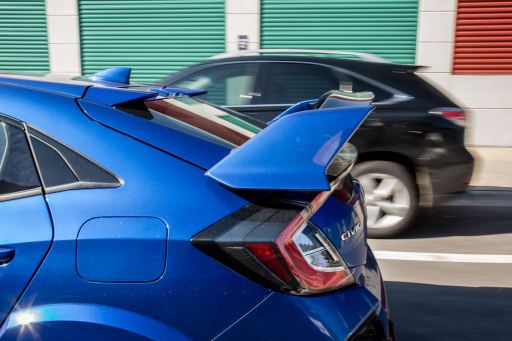


In recent years, the automotive industry has experienced a significant transformation, paving the way for a future that holds the promise of revolutionizing transportation as we know it. With advancements in technology and a shift towards sustainable alternatives, the future of autos is set to bring forth a new era of mobility.
The advent of electric vehicles (EVs) is one of the most notable developments in the automotive industry. As the world becomes increasingly conscious of the environmental impacts of traditional gasoline-powered cars, EVs offer a sustainable and cleaner alternative. With continued advancements in battery technology, EVs are becoming more efficient, affordable, and capable of longer ranges.
Autonomous driving is another groundbreaking innovation that promises to shape the future of autos. Self-driving cars powered by artificial intelligence (AI) are set to transform the way we commute. These vehicles have the potential to enhance road safety, reduce traffic congestion, and increase overall efficiency. As automakers and tech companies continue to invest in autonomous technology, we can expect to see more self-driving cars on our roads in the coming years.
Connectivity and the Internet of Things (IoT) are also poised to play a significant role in the future of autos. With the rise of smart cities and interconnected devices, cars are becoming an integral part of the digital ecosystem. Connected cars can provide real-time data, enabling drivers to make informed decisions and enhancing the overall driving experience. From integrated navigation systems to advanced safety features, connectivity is revolutionizing the way we interact with our vehicles.
Furthermore, the sharing economy is reshaping the automotive landscape. Car-sharing and ride-hailing services have gained popularity in recent years, providing an alternative to traditional car ownership. This shift towards shared mobility is driven by factors such as cost-effectiveness, convenience, and sustainability. As technology continues to enable seamless sharing platforms, the demand for personal car ownership is expected to decline, leading to a more efficient and sustainable transportation system.
The future of autos also encompasses the concept of smart cities, where transportation is seamlessly integrated with other urban systems. smart infrastructure, including intelligent traffic management systems and charging stations for electric vehicles, will facilitate the transition towards a more connected and sustainable urban environment. By leveraging data and technology, smart cities aim to optimize transportation networks, reduce emissions, and enhance quality of life.
As the automotive industry evolves, it is essential to address the challenges and implications that accompany these advancements. Privacy concerns, cybersecurity risks, and ethical considerations surrounding autonomous vehicles are among the key issues that need to be addressed. Additionally, the transition to an electric vehicle infrastructure requires significant investments in charging infrastructure and renewable energy sources.
In conclusion, the future of autos is an exciting journey towards sustainable, connected, and autonomous transportation. Electric vehicles, autonomous driving, connectivity, and the sharing economy are all driving forces shaping this transformation. As we embrace these changes, the future holds the promise of a more efficient, eco-friendly, and convenient transportation system for all.